This afternoon, TED, the nonprofit, nonpartisan organization best known for its globally beloved TED Talks, has announced a new era of leadership.
Sal Khan, founder and CEO of Khan Academy, has been named as a board member and “Vision Steward” of the organization, following a nine-month search.
Earlier this year, Chris Anderson, head of TED for 25 years, announced he would be stepping down and set off on a unique and bold journey to find his replacement.
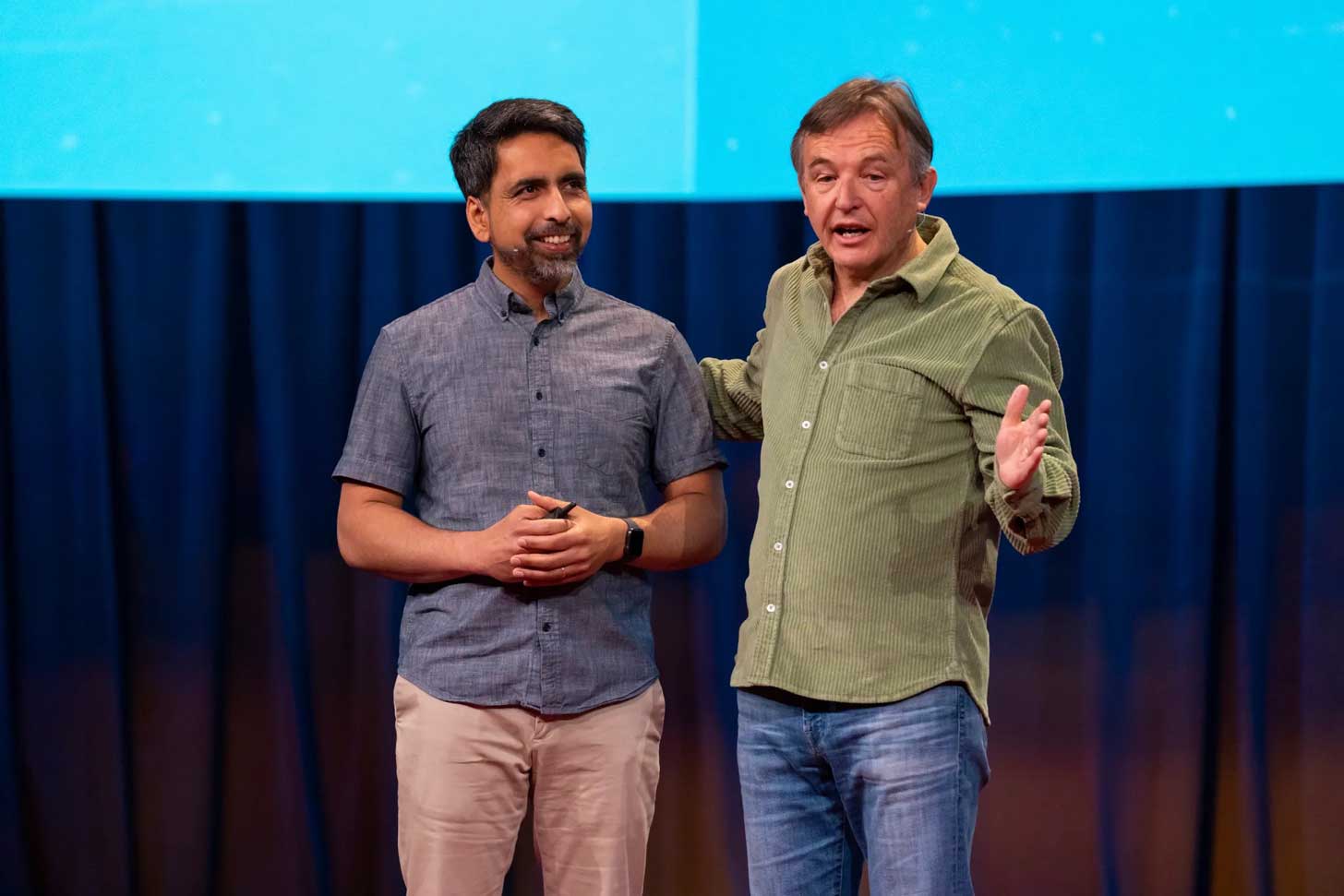
According to a press release from the organization, today’s announcement follows a period of “extensive consultation with close to 100 organizations, investors, and individuals worldwide.”
After receiving numerous proposals, including offers to acquire TED outright, the organization decided to remain a nonprofit, with Khan working with existing leadership to steward the institution into its next era.
“The breadth, ambition, and imagination of what was offered were truly inspiring,” Anderson wrote in a blog post for the organization.
“But for me — and for everyone on TED’s leadership team — the answers weren’t just about capital or scale. They were about stewardship, values, and a shared belief in giving ideas away, trusting community, preserving independence, and amplifying human possibility.”
Anderson added that TED “seriously considered for-profit joint ventures,” but ultimately decided that its nonprofit status “must endure,” to remain independent of “external commercial control.”
“We will proudly continue our transparent mission of providing knowledge, insights and inspiration freely to anyone in the world,” he added.
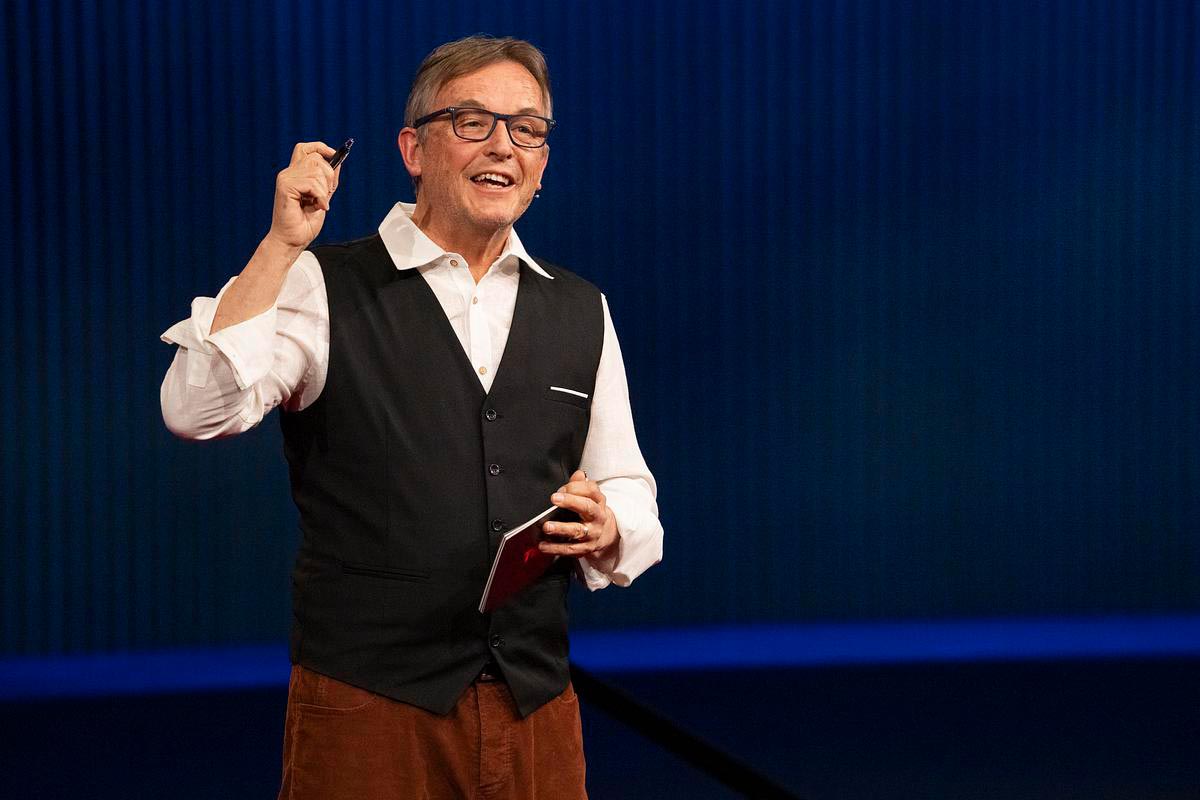
According to Anderson, Khan embodied that mission.
“From the start, our goal was to find a way for TED to grow its impact while preserving its soul,” Anderson said in a statement.
“Sal Khan embodies the spirit of generosity and curiosity that defines TED. He’s a visionary who has proven that technology and learning can serve humanity at scale — without losing integrity or heart.”
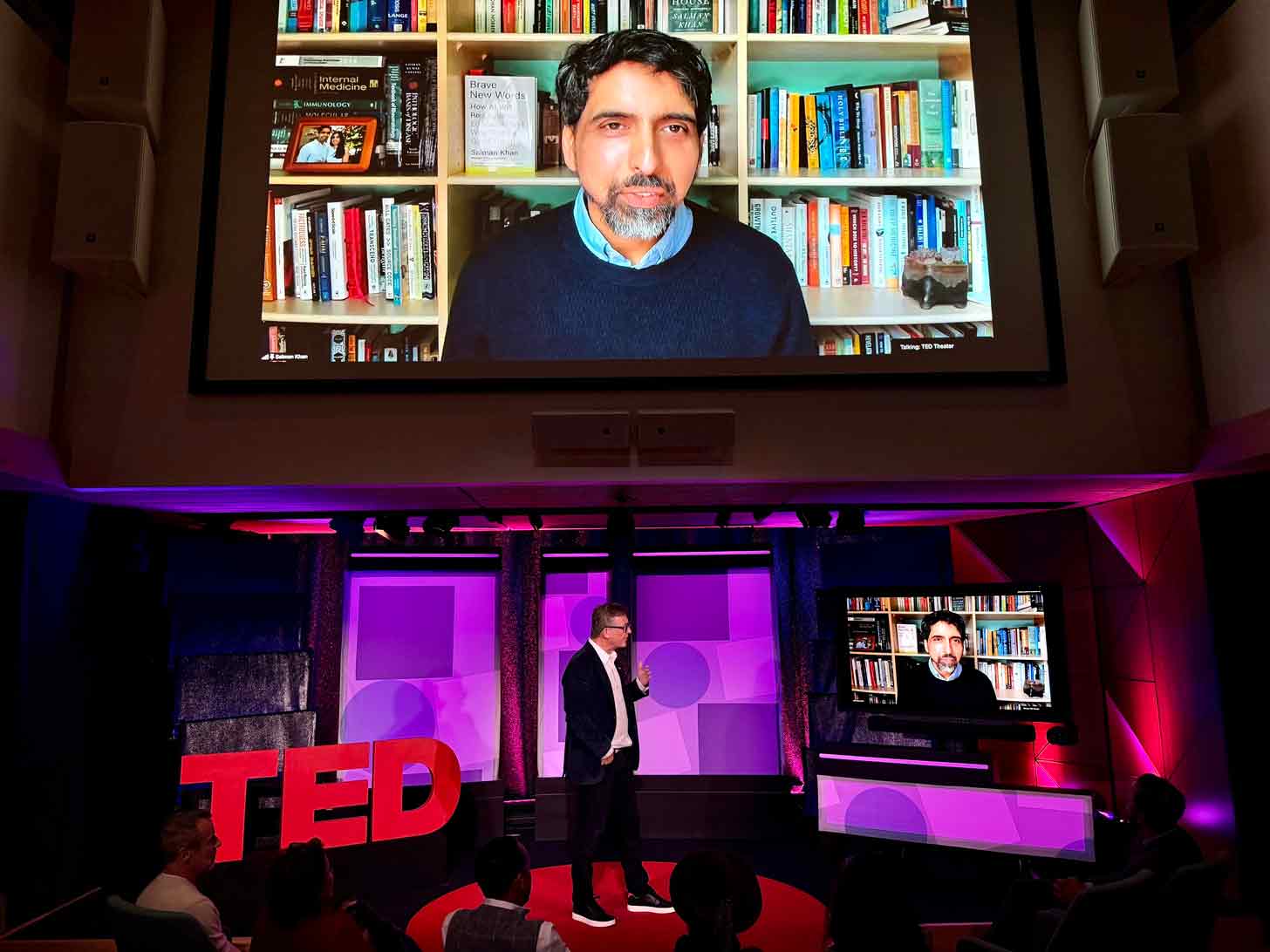
Khan got his start creating math videos and software to help his cousins. With time, Khan Academy grew into a free, trusted learning resource with over 170 million registered users in over 50 languages.
In 2023, he gave a TED Talk about the evolution of artificial intelligence in education. And today, he echoed his enthusiasm for the future of the organization.
“TED has been one of the world’s great amplifiers of ideas,” Khan said in a statement. “I’m honored to help steward its next chapter — one that will further empower people everywhere to learn, connect and collaborate for a better future.”
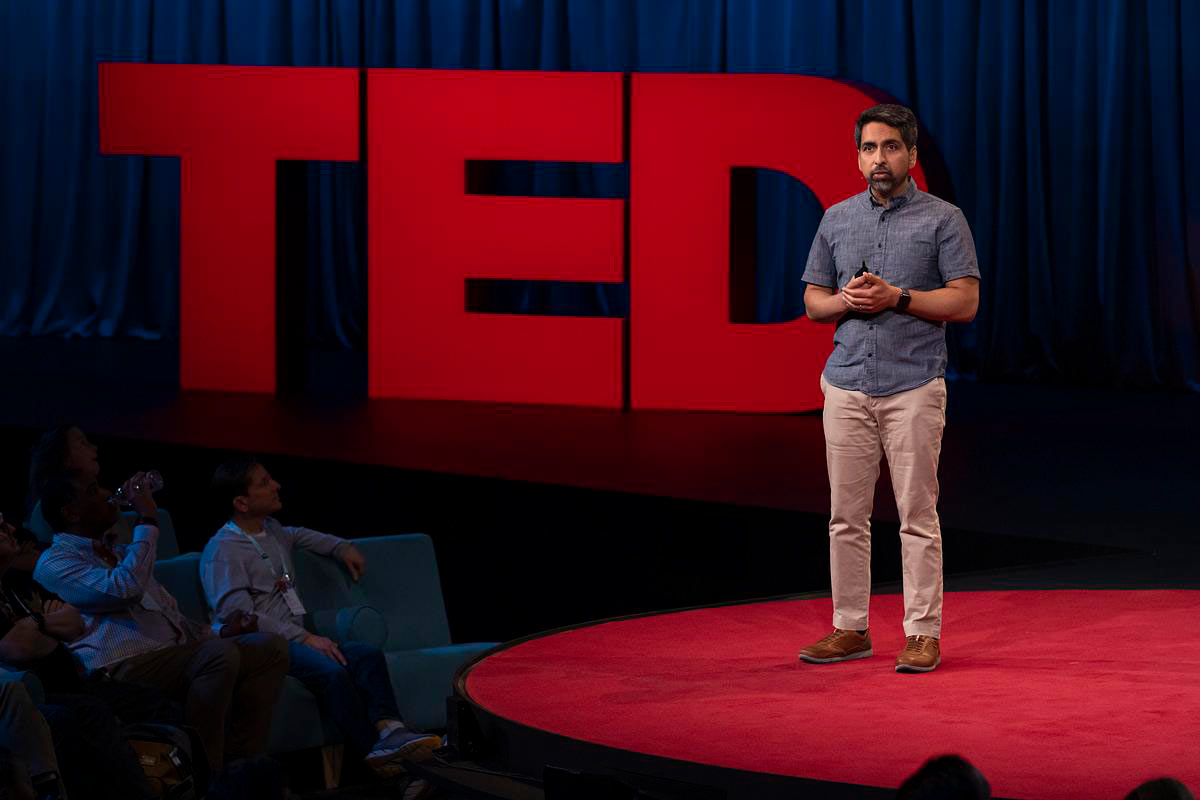
Under the new leadership structure, Khan will use his role to guide long-term strategy for TED, while still continuing his full-time position leading Khan Academy.
Khan Academy and TED will continue to operate independently of each other, Anderson clarified, but part of Khan’s allure was his ability to craft organizations with goals that are both ambitious and achievable within a nonprofit culture.
With his efforts, a press release said, “he will help shape TED’s evolving mission around lifelong learning, community engagement, and using technology — including AI — to deepen human connection and understanding.”

Additionally, the organization announced that its current CEO, Jay Herratti, would be stepping down and would be replaced by longtime TED team member and TED Fellows co-founder Logan McClure Davda.
“Logan is not an outsider or newcomer — she is a leader forged within our org,” Anderson wrote in a blog post.
“From co-founding our Fellows program to her current role as Head of Impact, she has earned deep respect across the organization and among our community. She knows our culture, our strengths and constraints; she has fought to extend TED’s reach, and she is a believer in Sal’s vision for the future.”
Between Khan and Davda’s two-pronged leadership approach, the duo will fill in where Herratti and Anderson have operated for years.
“Our conviction is that this combination — a visionary steward plus an exceptional, trusted internal leader — gives us the best of both worlds: fresh imagination and operational firepower,” Anderson wrote.
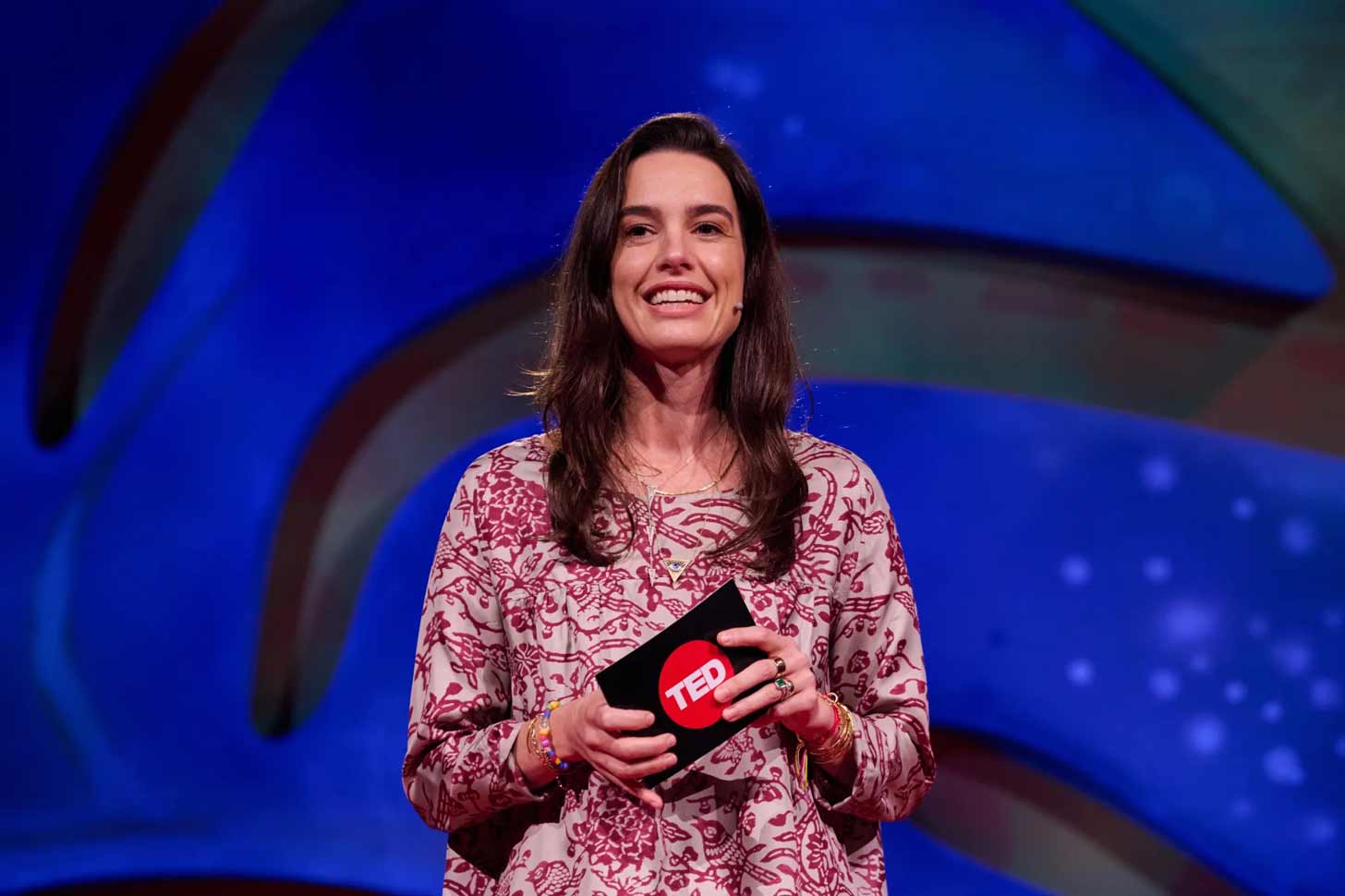
Herratti will join TED’s board, and Anderson will also remain a TED board member for the foreseeable future. At TED2026, he will officially “pass the torch” to Khan and Davda.
“I began at TED in 2008, and have seen ideas travel and change the world — their ripples are real,” Davda said in a statement.
“With Sal shaping the vision ahead, it’s an extraordinary — and humbling — moment to step in as CEO. I’m excited to work with Chris, Jay, Sal, and our leadership team to keep TED focused, imaginative, and impactful.”
Moving forward, Anderson said, the organization will be meeting with its community to discuss feedback, questions, and ideas, and promises to maintain transparency about its governance structure, board composition, and decision-making.
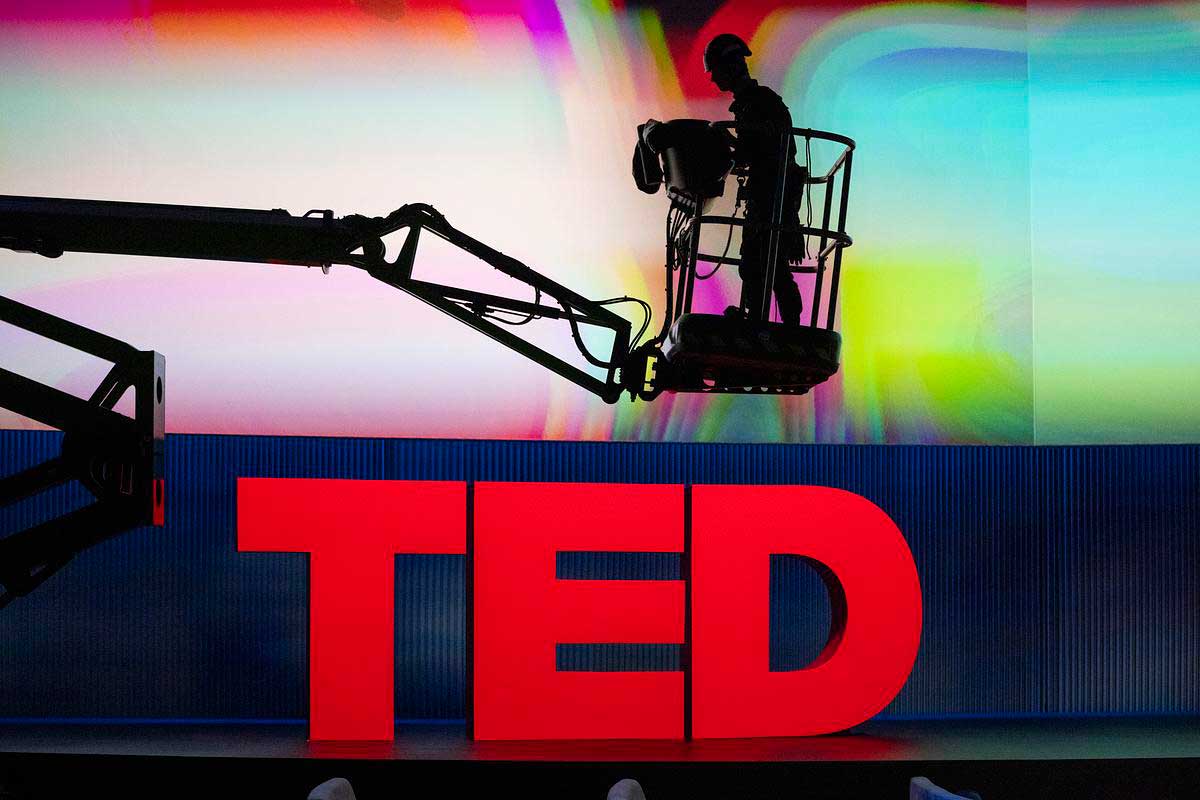
Another new concept will be TED’s new Ideas Council, which a press release calls “a group of visionary thinkers and creators who will bring fresh perspectives and editorial insight.”
The role of this council will be to “champion intellectual curiosity and ensure TED continues to spotlight breakthrough ideas that challenge how we see the world — and our place within it.”
Soon, TED will invite its wider community to contribute by nominating people for the council.
“For decades, TED has been a platform for spreading ideas that change lives,” Anderson said in a statement. “Now, we’re preparing it for the next generation — one that learns, collaborates, and dreams together.”
Anderson signed off his blog post with a word of inspiration to the TED community, filled with speakers, organizers, educators, translators, volunteers, donors, staff, and viewers.
“This moment is for you,” he said. “You have given TED its wings. Now let’s give it a future worthy of that trust.”
You may also like: Iconic TED Talks will now use AI to dub speakers' voices into a dozen languages
Header image by Jasmina Tomic/TED



